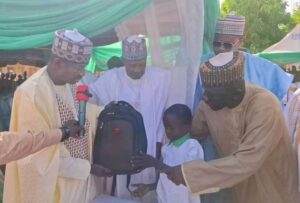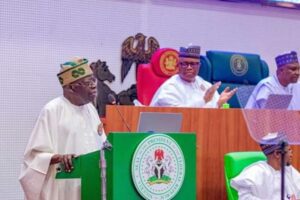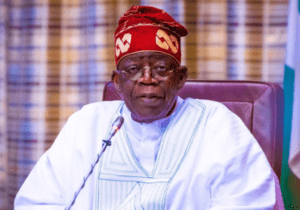
COVID-19: KWSG announces 2021 academic resumption date
By Matthew Denis
The Kwara State Government has directed that the tertiary institutions should put in place appropriate safety protocols to prevent the spread of the virus on their campuses.
This was contained in a statement released by Rafiu Ajakaye, Spokesman, Kwara State Technical Committee.
“The coordinating ministry is to work with the state technical committee on COVID-19 and other stakeholders to ensure that the schools do not take safety rules for granted,” the statement said.
“Specifically, the use of face mask is mandatory on the campus and in lecture rooms. Authorities are not to allow anyone, students or otherwise, into college facilities without the use of the face mask.
“Similarly, elementary schools in the state are scheduled to resume on January 18, while tertiary institutions January 11, 2021, subject to new developments on the pandemic.
“While COVID-19 appears to have come to stay and our communities have to cope with the new normal, the government urges everyone to take responsibilities for their own safety by adhering to protocols already outlined to flatten the curve of transmission,” the statement read.



